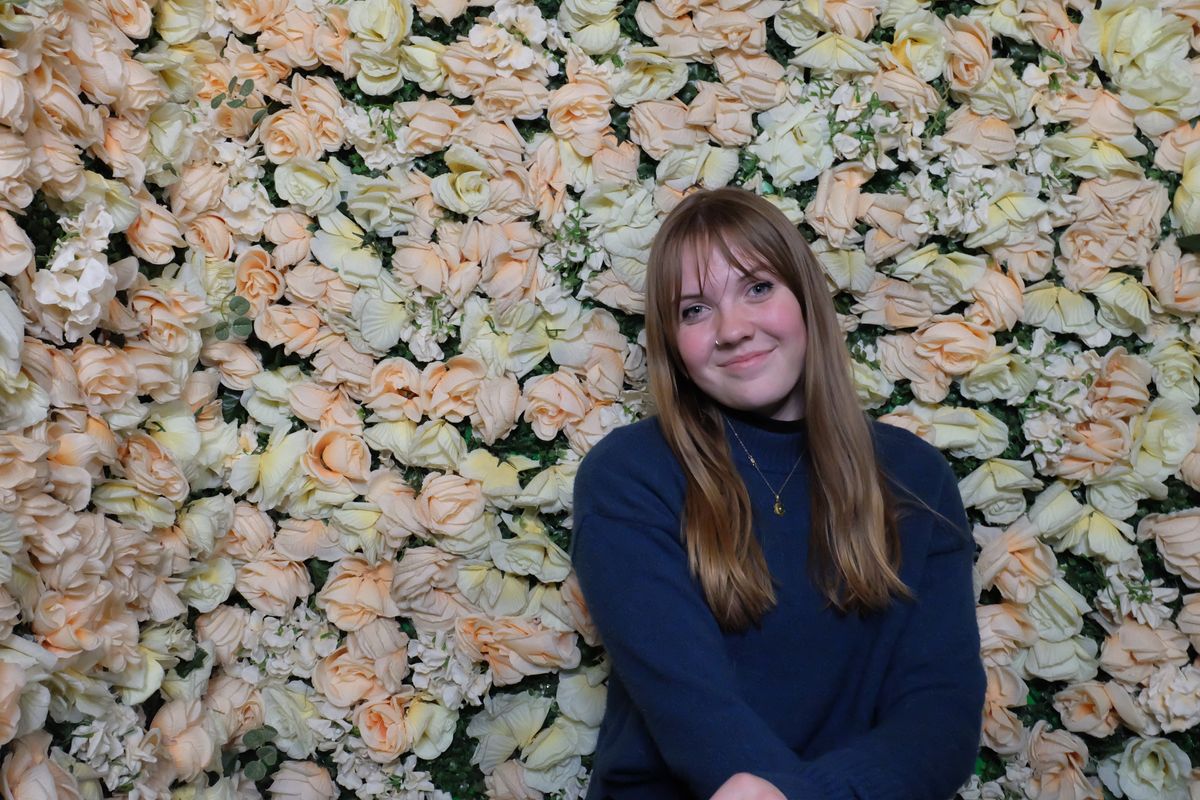Early mornings work for some, but not all

Ben Franklin famously wrote, “early to bed, early to rise, makes a man healthy, wealthy and wise.” I personally hate this saying with every fiber of my being, but not because I have something against early risers or even the phenomenon of waking up early in general.
The part I have a problem with is the association of getting up early with a higher level of productivity and some kind of moral superiority.
On occasion, I have a conversation with a happy-go-lucky-seven-a.m.-every-single-day kind of person who seems to believe that everyone should wake up early because “you just get so much more done.” I just think that this mindset is a bit short-sided.
For one, the scientific argument doesn’t necessarily hold up. Sure, humans run on a 24-hour clock called the sleep-wake cycle, which is a type of circadian rhythm. And it’s true that biologically speaking, people are supposed to be awake when it’s light out and asleep when it’s dark. But there are many factors that go into a person’s sleep-wake cycle.
For example, someone with a circadian rhythm sleep disorder may naturally fall asleep at different times of the day than what is considered normal. One such disorder is delayed sleep phase disorder, which causes a person’s sleep-wake cycle to be, well, delayed. Someone with this disorder may not fall asleep until 2 a.m. or 3 a.m. and wake up later too. The opposite is possible as well in cases of advanced sleep phase disorder when someone falls asleep around 6 p.m. to 9 p.m. and wakes up 2 a.m. to 5 a.m.
The interesting thing about these two disorders juxtaposed is that both are considered unhealthy sleep schedules, yet only one of them is generally recognized as such. The fact is that, as a society, we associate waking up later with laziness.
Another biological factor that affects sleep in some people is sex-based. Those who have a menstrual cycle operate on a 28-day rhythm that affects many bodily functions, including the sleep-wake cycle. The amount of sleep that the body requires varies depending on where one is in relation to their menstrual cycle. Essentially, sleep quality tends to be lower on or around one’s period.
It comes down to the fact that an early morning routine works for some people, but often there are biological factors at play that may contribute to waking up later. And for that reason it does more harm than good to encourage waking up early as a way to increase productivity. Late-risers aren’t inherently lazier than their early bird counterparts.
In that vein, it’s worth mentioning that not everyone is at their most creative at the same time of the day. There is a history of research suggesting that people are at their most creative in the morning, but this has been challenged, asserting that the time at which a person is most creative falls somewhere on a spectrum from “strong morning types” to “strong evening types.”
So, it’s true that some people are more creative and productive in the morning, but it isn’t a general rule for all people everywhere. Different people accomplish more at different times of the day. It’s not night owls versus early birds because both types of people have their place and contribute to society as a whole in unique ways.
Perhaps it’s time to change our mindset to be more appreciative of different sleep cycles. To be clear, the problem isn’t with the people who like waking up early, it’s the notion that being a morning person inherently makes a person more productive. The point is that when a person starts their day isn’t a good indicator of how creative or productive they are as a person, and that’s why it’s time to put the “early bird gets the worm” mentality to bed.
SEE NEXT: Angles: Should Augustana take breaks throughout the semester?



